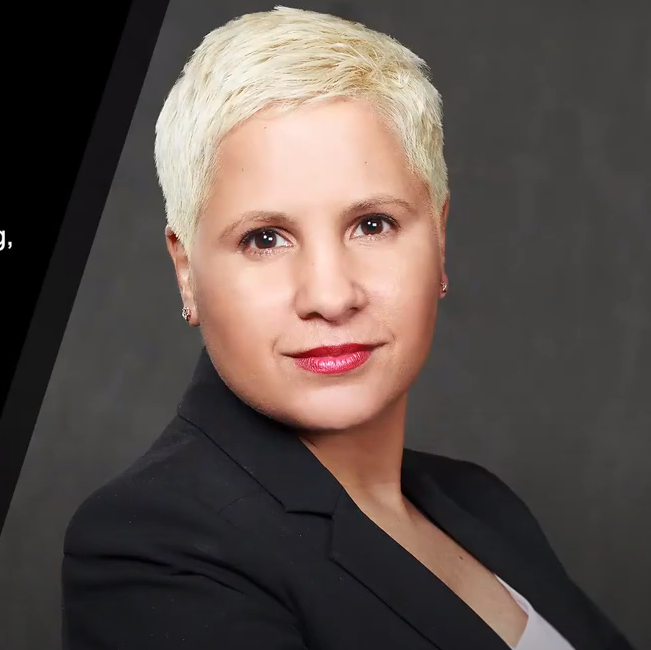By Gina Alexandris, LPP Senior Program Director
One of the critical experiential features of Ryerson’s Law Practice Program (LPP) is its simulation of legal work experiences. Personally, the path to this element of the LPP has been a long time in the making. My late father-in-law was an engineer at Greece’s Olympic Airways Flight Simulator. I once visited him at work and was able to see inside an aircraft cockpit and watch some of the emergency experiences pilots were trained to experience in virtual simulations. Years later at UofT’s Internationally Trained Lawyers Program, through the creation of a pan-university group of bridging programs for internationally trained professionals, I was reminded by the medical program of the simulation practice that doctors go through, particularly in final examination situations, with mock patients and medical issues that needed to be diagnosed and addressed.
During each of these experiences, I thought of how beneficial and powerful that simulations are in the learning process. And I wondered why, except for moot courts and mock trials, we didn’t use them more frequently and broadly in legal education. While much research and emphasis has been placed on clinical learning (of which I am a huge fan and proponent, both as a student and as a legal educator), very little was considered via simulations, except in the context of moot courts and mock trials (see The Place and Efficacy of Simulations in Legal Education: A Preliminary Examination; Daly and Higgins; 2011 (AISHE-J, Volume 3, Number 2 (Autumn 2011)).
You can then imagine my absolute thrill when I arrived at Ryerson and its Law Practice Program and learned that one of the program partners was to be the university’s live actor simulation program (Interpersonal Skills Teaching Centre; now Live Actor Simulations) that had been used in the past for nursing, social work and business programs. The LPP embarked in 2014 on using this program and its techniques as part of our overall crafted immersive simulated experience of working in virtual law firms. As Paul Maharg outlined in 2016 in Digital and Simulation in the Teaching of Law: Emerging from the Shadows, there are definite researched learning benefits of using simulations (whether digital or otherwise).
Moreover, working in simulated virtual law firms with other Candidates helped future lawyers develop the necessary teamwork, tolerance, negotiation, practice management and ethical skills required of members of the legal profession.
Candidate feedback over the years has confirmed the relevance and appeal of the simulated file experience, including the client simulation experience: “great way to build up confidence”; “experience is invaluable”; “somehow got connected with them on a personal level”; and “best part of the program”.
And as the LPP Curriculum challenges Canadian professional legal education at its inception, we will continue to create and expand on the gains and lessons in training future lawyers in innovative ways.


